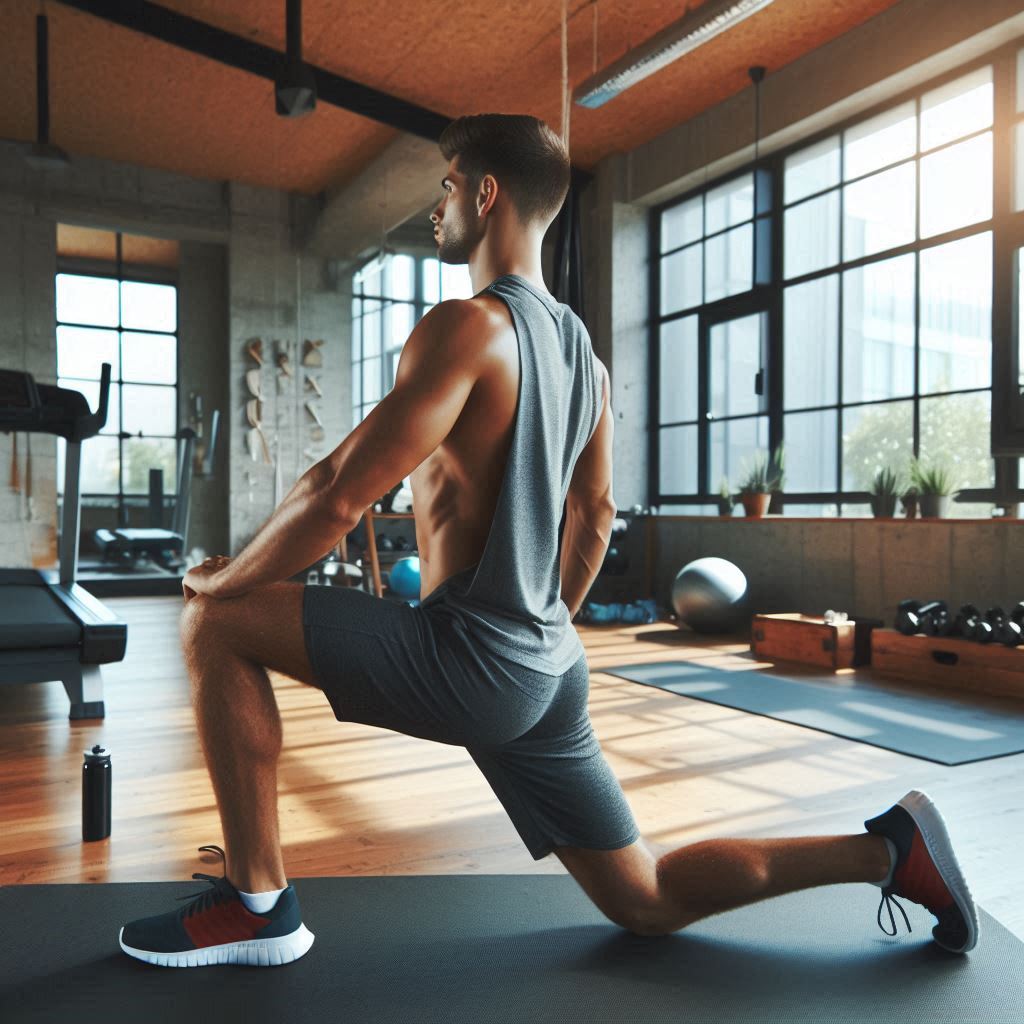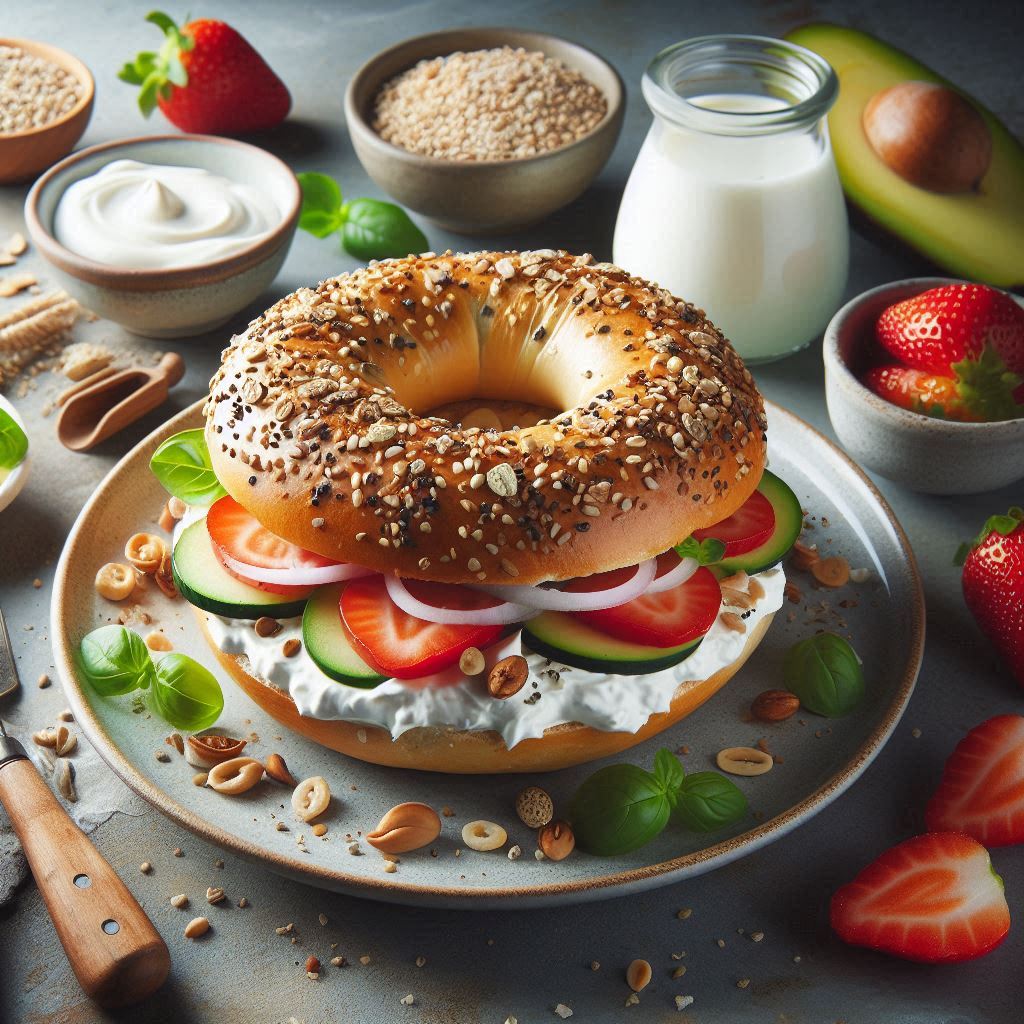
Fitness and exercise are essential pillars of a healthy lifestyle. Engaging in regular physical activity not only improves physical health but also enhances mental clarity, boosts energy levels, and contributes to emotional well-being. In a world where sedentary habits are increasingly common, incorporating fitness routines into your daily life is crucial for long-term health.
1. Physical Benefits of Fitness
Regular exercise provides numerous physical benefits, including:
- Improved Cardiovascular Health – Cardio workouts like running, cycling, and swimming strengthen the heart, lower blood pressure, and improve circulation.
- Muscle and Bone Strength – Strength training, weightlifting, and resistance exercises build muscle mass and maintain bone density, reducing the risk of osteoporosis.
- Weight Management – Consistent exercise helps regulate body weight by burning calories and improving metabolism.
- Enhanced Flexibility and Mobility – Stretching, yoga, and pilates improve joint health and reduce the risk of injuries.
These benefits make exercise a cornerstone of preventive health, reducing the likelihood of chronic diseases such as heart disease, diabetes, and obesity.
2. Mental and Emotional Benefits
Exercise is not just about physical fitness—it also has profound effects on mental and emotional well-being:
- Stress Reduction – Physical activity increases the production of endorphins, which act as natural stress relievers.
- Improved Mood – Regular workouts can alleviate symptoms of anxiety and depression.
- Enhanced Cognitive Function – Exercise improves blood flow to the brain, enhancing memory, focus, and overall cognitive performance.
- Better Sleep Quality – Engaging in physical activity during the day can promote deeper and more restful sleep at night.
Incorporating exercise into your daily routine can therefore lead to a healthier mind as well as a stronger body.
3. Types of Exercise
A well-rounded fitness routine combines various types of exercises to maximize overall health:
Cardiovascular Exercise
Cardio workouts increase heart rate and improve endurance. Popular activities include:
- Running or jogging
- Cycling or spinning
- Swimming
- Jump rope
- High-Intensity Interval Training (HIIT)
Cardio not only helps burn calories but also strengthens the heart and lungs, promoting overall longevity.
Strength Training
Strength training focuses on building and toning muscles. Benefits include increased metabolism, improved posture, and stronger bones. Common strength exercises:
- Weightlifting
- Resistance band exercises
- Bodyweight exercises (push-ups, squats, lunges)
Strength training is important for both men and women, providing long-term health benefits and functional fitness.
Flexibility and Mobility
Flexibility exercises improve joint health, reduce stiffness, and enhance overall movement. Techniques include:
- Yoga
- Pilates
- Dynamic stretching routines
Regular flexibility training helps prevent injuries and supports overall body balance.
Balance and Functional Training
Balance exercises improve coordination and prevent falls, especially for older adults. Examples:
- Tai Chi
- Balance board exercises
- Core-strengthening workouts
Functional training mimics daily movements, making everyday tasks easier and safer.
4. Creating a Fitness Routine
Developing an effective fitness routine requires a balance of cardio, strength, flexibility, and rest. Key tips:
- Set Realistic Goals – Determine whether your focus is weight loss, muscle building, or general health.
- Mix It Up – Combining different types of exercise prevents boredom and ensures full-body fitness.
- Rest and Recovery – Muscles need time to recover, so schedule rest days or active recovery days.
- Stay Consistent – Regularity is more important than intensity. Consistent moderate workouts yield long-term benefits.
Personalized routines based on your fitness level, preferences, and lifestyle are the most effective.
5. Nutrition and Exercise
Exercise works best when combined with proper nutrition. Key guidelines:
- Protein – Supports muscle repair and growth (chicken, fish, legumes, tofu).
- Complex Carbohydrates – Provide sustained energy for workouts (whole grains, oats, brown rice).
- Healthy Fats – Essential for overall health (avocados, nuts, olive oil).
- Hydration – Water is critical for performance and recovery.
- Vitamins and Minerals – Fruits and vegetables supply antioxidants and nutrients for overall well-being.
Balanced nutrition fuels workouts, aids recovery, and enhances results.
6. Outdoor vs. Indoor Exercise
Choosing between outdoor and indoor workouts depends on preference, weather, and available resources.
Outdoor Exercise Benefits:
- Fresh air and sunlight for vitamin D
- Scenic environments that motivate movement
- Opportunities for hiking, running, cycling, or team sports
Indoor Exercise Benefits:
- Controlled environment regardless of weather
- Access to gyms and specialized equipment
- Variety of fitness classes and programs
Combining both indoor and outdoor activities can maximize benefits and keep workouts interesting.
7. Fitness for All Ages
Exercise is important at every stage of life:
- Children and Teens – Promotes growth, bone strength, and healthy habits.
- Adults – Maintains metabolism, prevents chronic diseases, and reduces stress.
- Seniors – Preserves mobility, balance, and cognitive function, reducing the risk of falls.
Tailoring exercise intensity and type to age and fitness level ensures safety and effectiveness.
8. Tracking Progress
Monitoring your fitness progress is key to staying motivated:
- Use fitness apps or wearable devices to track steps, heart rate, and workouts.
- Keep a journal of workouts, nutrition, and goals.
- Celebrate small milestones to maintain motivation.
Tracking progress provides insight into what works and highlights areas for improvement.
Conclusion
Fitness and exercise are essential for achieving a healthy, strong, and balanced life. From cardiovascular workouts and strength training to flexibility and balance exercises, a well-rounded routine can enhance physical, mental, and emotional well-being. Combined with proper nutrition, rest, and consistency, fitness becomes a lifestyle rather than a chore. No matter your age or fitness level, incorporating regular exercise into your daily routine is the key to building a healthier, happier you.
İlgili içerik: 10 Proven Ways to Boost Your Immune System Naturally





